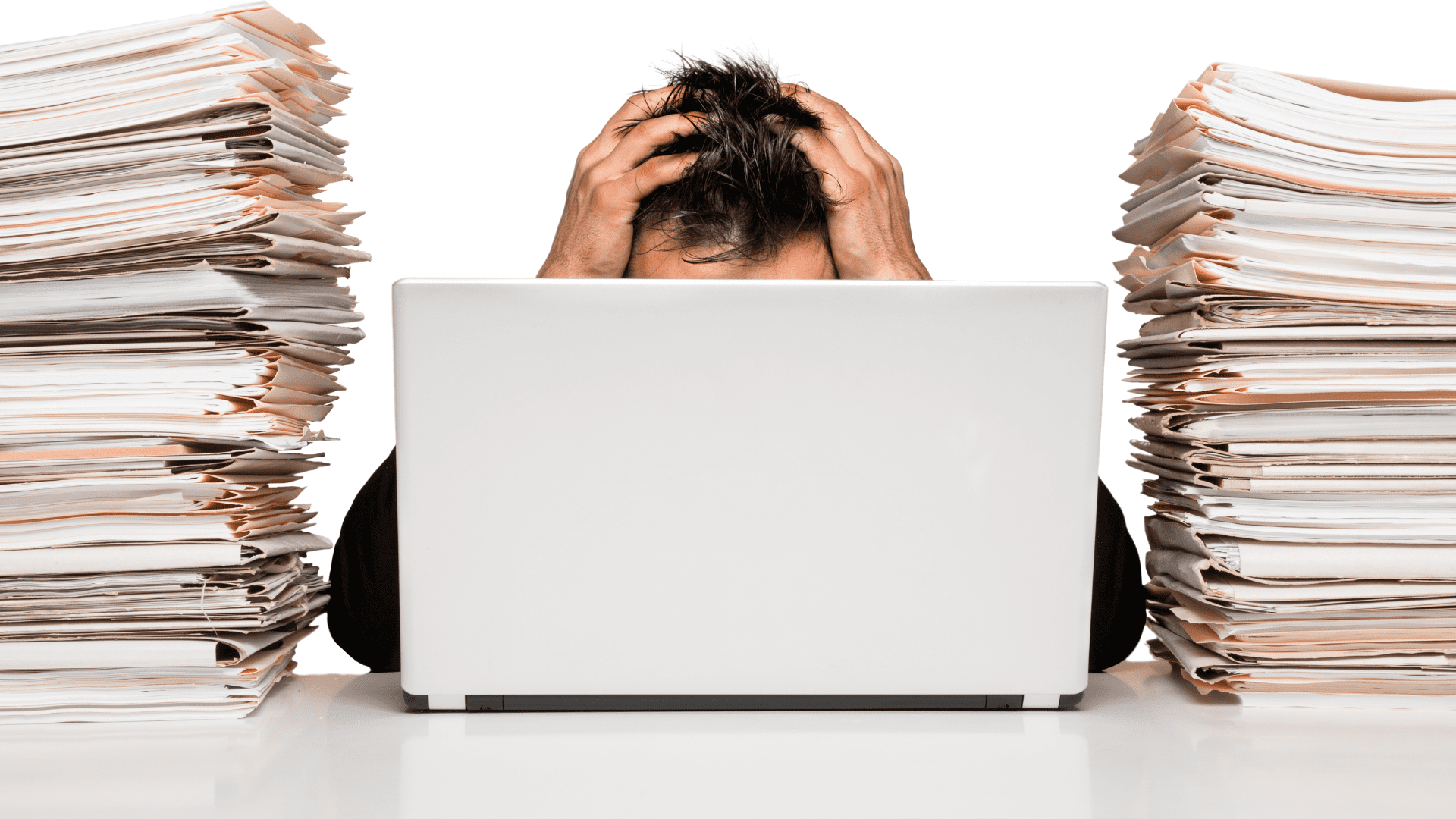From stress prevention to reducing the effects in the moment, these tips will help you manage your stress more effectively than ever.
There is so much riding on your ability to operate your facility effectively. You have to manage people, processes, projects, systems, and costs – that’s no small feat even under the best of circumstances. While you’re trying to keep everything running smoothly, you must also find ways to lead a healthy, happy life as well.
One critical component that’s at the heart of your ability to do every single one of those other duties is your ability to manage stress successfully. Because not managing stress can put undue pressure on your performance in every other area. That’s why we put together this list of techniques to help you manage stress.
No 1: Stop stress before it starts.
The best way to manage stress is to prevent it from happening in the first place. In essence, this means building a lifestyle less vulnerable to stress. Healthy eating, staying active, spending time with family and pets, and having positive events, like vacations (or staycations), all help keep stress at bay.
Another great way to prevent stress is to build a team of people you can rely on by delegating effectively. Delegation is a critical skill that requires intention. Still, when done correctly, it frees you up to work on new projects and growing your business. It also provides your team leadership with opportunities and builds morale by showing the team you trust them.
No. 2: Watch for the signs.
Unmanaged stress can lead to both physical and mental health issues. And while it’s probably not possible to keep all stress from creeping in, it is vital to have quick tips to help you when you start to feel the pressure.
Many people don’t notice they’re feeling stressed until it’s reached a critical level, so step one is to build awareness so you can head off the effects sooner than later. Be sure to check in with yourself often. Notice things like shallow breathing, hunched or tight shoulders or other muscles, a headache starting to form, clenched teeth, and other physical signs. Quickly noticing the symptoms can help you prevent them from worsening.
No. 3: Take deep breaths.
It sounds simple, but it works. When you start to feel stress, take a moment to breathe deeply. Each deep breath clears out your lungs and infuses your body with fresh oxygen, lowers your heart rate, and allows you to start to calm down and clear your head. Part of why unchecked stress is so dangerous to work performance is that it can lead you to feeling overwhelmed and out of control, reducing your overall effectiveness.
Many free and paid apps can help you practice deep or meditation breathing, including Headspace, Simple Habit (great for busy people!), My Life, and others.
No 4: Practice these quick tips to relieve stress
These fast-acting tips will help you relieve stress in the moment so that you can get right back maximum productivity – or positivity – levels quickly.
- Take a short walk – Even just five minutes outside can make a big difference in how you feel while giving you a chance to regroup and come back ready to solve the world’s problems.
- Listen to music – Grab your phone and find a relaxing or uplifting song. Or, if you’re surrounded by loud music in your facility, consider investing in some noise-canceling headphones to give your ears (and mind) a timeout here and there.
- Drink a cup of herbal (read: caffeine-free) tea – There’s something inherently soothing about a hot cup of tea.
- Clear your space – A cluttered desk may be contributing to your stress and anxiety. Take a moment to clear off your desk or workspace. Doing so will give you a feeling of control and allow you to organize your mind at the same time. Don’t get sucked down the rabbit hole, though. Do something small, like clearing off your desk or filing one stack of papers. You don’t want to end up trying to overhaul your entire office when you only have five minutes. That will just make matters worse.
- Chew gum – Stress eating is a habit that many people suffer from, which causes its own problems, so it’s best to avoid turning to food in times of stress or anxiety. Chewing gum can reduce anxiety, improve your mood, and may even increase alertness. Hmm, I wonder if there’s a company that makes coffee-flavored gum.
- Ask for help – People, whether it’s your team, your friends, or your family, want to help you, so don’t be afraid to ask for help when you need it. Even just calling a friend to talk it out can help reduce anxiety and give you much-needed perspective.
Try the quick tips above or search online for dozens of other ideas to help you reduce the immediate effects of stress the next time you need them.
No. 5: Get some rest.
Healthy sleep is critical to managing stress and living a healthy life. If you have trouble getting to or staying asleep at night, it’s a good idea to work on developing a sleep routine. In fact, during the writing of this blog, I received an email from a sales and marketing guru with a link to a video with 11 Quick, Simple Sleep Hacks.
Practicing light yoga or stretching before bed, minimizing nighttime screen time, applying essential oils, and using a journal to write down thoughts that interrupt your sleep in the middle of the night can do wonders for helping you develop better sleeping habits.
Stressful situations probably aren’t going away any time soon, but the way you handle them can make all the difference in how you feel, lead, and even how you live.
Have a stress management trick you love? Share them with us in the Comments or on Twitter.
Search Resources
Subscribe to Email Updates
Featured Resources
Blogs //
6 Self-Service Opportunities to Delight Your Guests Without Losing Your (Personal) Touch

News //
CenterEdge Now Integrates with PourMyBeer to Help FECs Serve Up Success

News //
ClawCADE is Newest Concept for Fast-Growing Family Fun Brands

Blogs //
Data-Driven Decisions: Using Management Software to Optimize Staffing & Guest Flow

Posts by Topic
- Advantage Payments (7)
- Brand Management (19)
- Business Growth (81)
- Capacity Management (2)
- CenterEdge News (28)
- Client Interviews (8)
- Credit Card Processing (3)
- Data & Reporting (12)
- Digital Signage (1)
- Event Management (20)
- Facility Management (10)
- Food & Beverage (8)
- Guest Experience (34)
- Guest Management (20)
- Holiday Season & Promotions (5)
- Industry Events (10)
- Inventory Management (1)
- Loyalty Programs (8)
- Marketing Tips (24)
- Operations (1)
- Point of Sale (10)
- Product Launch (11)
- Productivity (5)
- Profitability (35)
- Redemption Management (1)
- Sales (35)
- Season Passes (1)
- Team Training (60)
- Waivers (2)

Leave a Comment